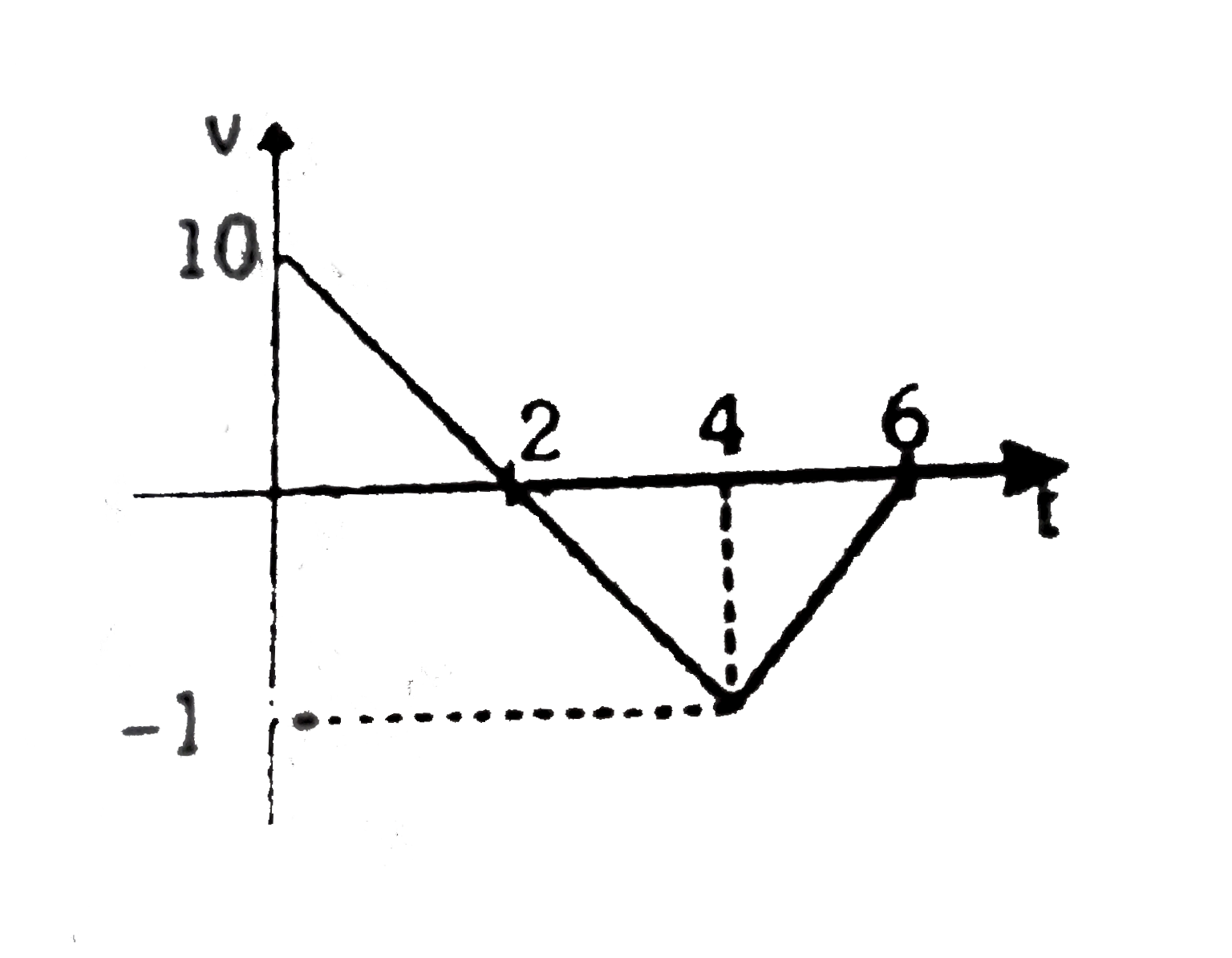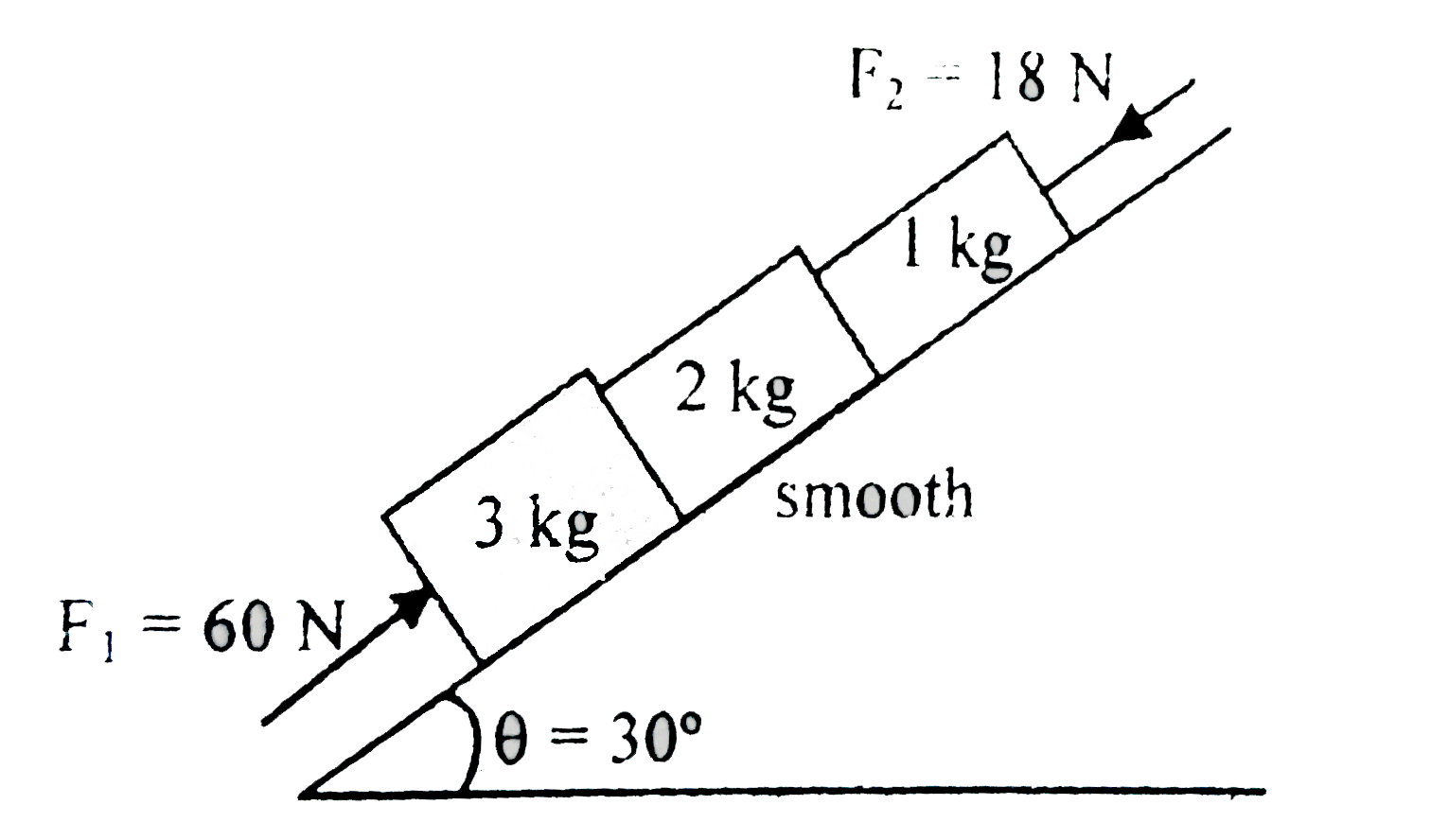Column IColumn II(A)Base unit(p)N(B)Derived unit(q)hp(C)Improper unit(r)kgwt(D)Practical(s)rad(E)Supplementary unit(t)kg
(Note : Here it is given that you have to match one to one only)
The correct Answer is:(A)-t (B)-p (C)-r (D)-q (E)-s
Step by step video, text & image solution for {:(,"Column I",,"Column II"),((A),"Base unit",(p),N),((B),"Derived unit",(q),hp),((C),"Improper unit",(r),"kgwt"),((D),"Practical",(s),"rad"),((E),"Supplementary unit",(t),kg):} (Note : Here it is given that you have to match one to one only) by Physics experts to help you in doubts & scoring excellent marks in Class 11 exams.
Updated on:21/07/2023Topper's Solved these Questions
- MISCELLANEOUSBOOK - ALLENCHAPTER - MISCELLANEOUSEXERCISE - ASSERTION-REASON
18 Videos
- MISCELLANEOUSBOOK - ALLENCHAPTER - MISCELLANEOUSEXERCISE - Comprehension 1
5 Videos
- MISCELLANEOUSBOOK - ALLENCHAPTER - MISCELLANEOUSEXERCISE - Exercise-01
87 Videos
- KINEMATICS (MOTION ALONG A STRAIGHT LINE AND MOTION IN A PLANE)BOOK - ALLENCHAPTER - KINEMATICS (MOTION ALONG A STRAIGHT LINE AND MOTION IN A PLANE)EXERCISE - BEGINNER S BOX-7
8 Videos
- PHYSICAL WORLD, UNITS AND DIMENSIONS & ERRORS IN MEASUREMENT BOOK - ALLENCHAPTER - PHYSICAL WORLD, UNITS AND DIMENSIONS & ERRORS IN MEASUREMENT EXERCISE - EXERCISE-IV
8 Videos
Similar Questions
Match the following
Column-IColumn-II(A)Derived unit(p)Height(B)Fundamental unit(q)Thickness(C)Derived quantity(r)Area(D)Fundamental quantity(s)Newton(t)Kilogram
View SolutionMatch the following
Column-IColumn-II(A)unit of length in F.P.S(p)m(B)unit of mass in C.G.S(q)foot(C)unit of time(r)metre(s)gm(t)second
View Solution
Knowledge Check
Column AColumn B(A)Liquid displaced by solid(a)105g(B)1 quintal(b)109mg(c)1 tonne(c)Unit of pressure(D)kgwt m−2(d) Volume of the solid
AA to a, B to b, C to c, D to dBAto d, B to c, C to b, D to aCA→d,B→a,C→b,D→cDA→d,B→b,C→c,D→aMatch the column
Column IColumn IIa.Ozone thickness(i)UV-raysb.CFC(ii)Refrigeratorc.EI Nino effect(iii)Temperature increased.Skin cancer(iv)Dobson unitAa(i), b(ii), c(iii), d(iv)Ba(ii), b(iii), c(iv), d(i)Ca (iv), b(ii), c(iii), d(i)Da(iii), b(iv), c(ii), d(i)
Match the Column-I with Column-II :
Column-IColumn-II(a)Mole fraction(p)mol kg−1(b)Molality(q)Depends on temperature(c)Molarity(r)Unitless(d)Normality(s)Independent of temperature
View SolutionFor the velocity -time graph shown in figure, in a time interval from t=0 to t=6s, match the following:

Column IColumn II(A)Change in velocity(p)−5/3SIunit(B)Average acceleration(q)−20SIunit(C)Total displacement(r)−10SIunit(D)Acceleration ay t=3s(s)−5SIunit
View SolutionIn the diagram shown in figure, match the following (g=10m/s2)

Column-IColoumn-II(A)Acceleration of 2kg block(P)8 Si unit(B)Net force on 3kg block(Q)25 SI unit(C)Normal reaction between 2 kg and 1kg(R)2 SI unit(D)Normal reaction between 3 kg and 2kg (S) 45 SI unit(T) None
View SolutionMatch the anionic species given in Column I that are present in the ore (s) given in Column II.
Column IColumn IIA.Carbonatep.SideriteB.Sulphideq.MalachiteC.Hydroxider.BauxiteD.Oxides.Calaminet.Argentite
View SolutionA balloon rises up with constant net acceleration of 10m/s2. After 2 s a particle drops from the balloon. After further 2 s match the following : (Takeg=10m/s2)
Column IColumn II(A)Height of perticle from ground(p)Zero(B)Speed of particle(q)10SIunits(C)Displacement of Particle(r)40SIunits(D)Acceleration of particle(s)20SIunits
View SolutionMatch the entries in Column A with entries in Column B
Column AColumn B(A)SI unit of electric current(a)Candela(B)CGS units of time(b)Ampere(C)SI unit of luminous intensity(c)Metre(D)SI unit of distance(d)Second
View Solution
